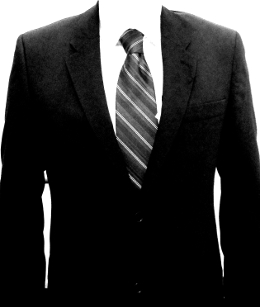Fake news probe launched
 Politicians have been asked to find advertisements and fake news circulating on social media during elections.
Politicians have been asked to find advertisements and fake news circulating on social media during elections.
A parliamentary committee is reviewing the conduct of the last election campaign, and this year has a particular focus on political advertising online, where previously clear lines become blurry.
“Facebook is not just for people sharing photos of their grandkids or silly cats, it has become the electronic town hall for how people can share their views,” committee chair James McGrath told AAP.
“One of the concerns that has been raised by constituents is what happens in that space.”
Advertising blackouts apply for radio and television stations in the 48 hours before polling day, but no such restriction applies online.
Senator McGrath says online materials can be akin to advertising, but they are shared by individuals, and can spread quickly whether true or not.
The Liberal senator wants other MPs and the public to submit examples of activity they saw on social media during the May election campaign that could have spread disinformation or come from ambiguous sources.
One example would be a campaign spread widely on Facebook during the election that falsely claimed the ALP intended to introduce death taxes.
The Labor party asked Facebook to take action when the campaign first emerged, but says little was done, despite Facebook itself finding the material was false.
Submissions to the Joint Standing Committee on Electoral Matters are open until Friday, September 20.








 Print
Print